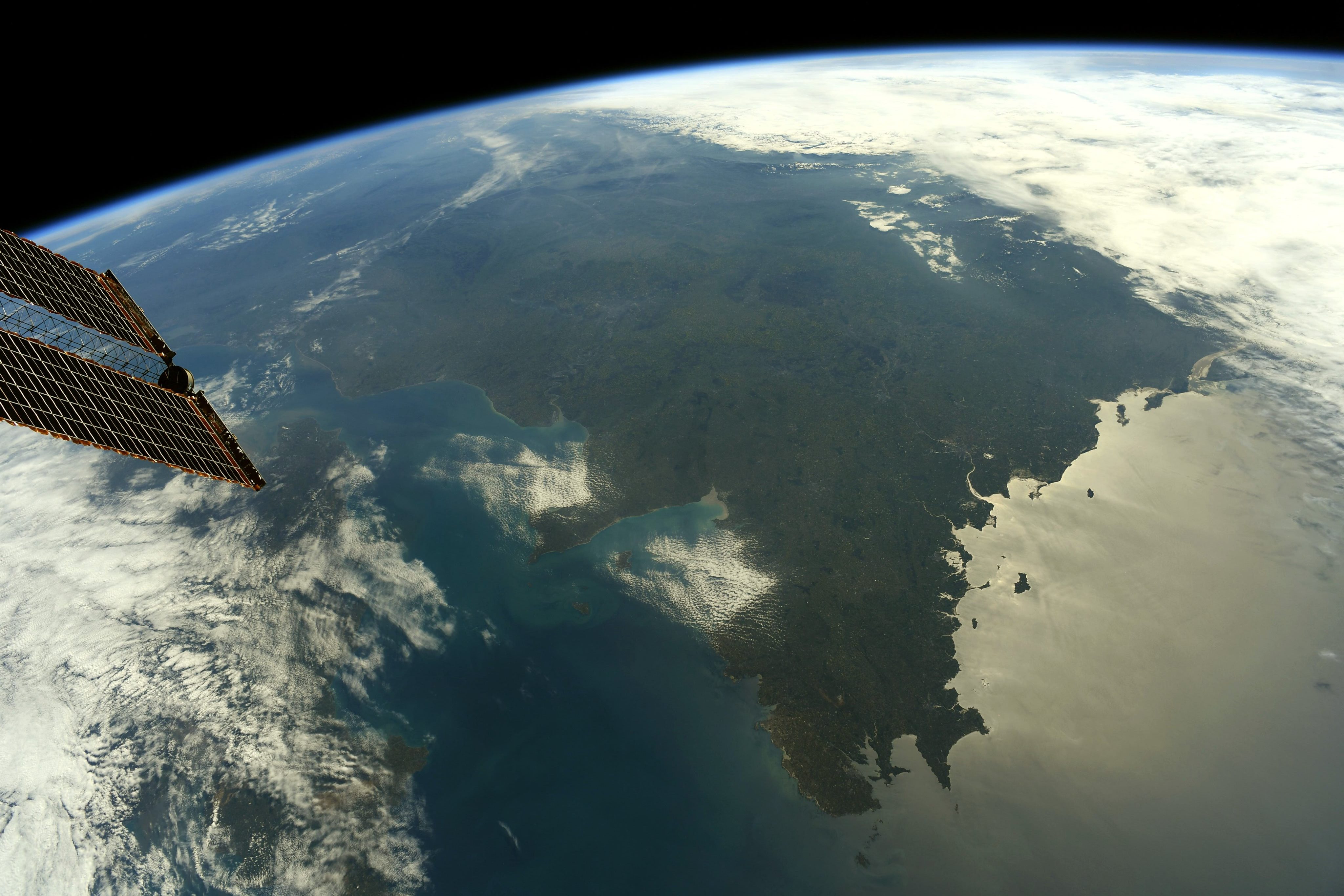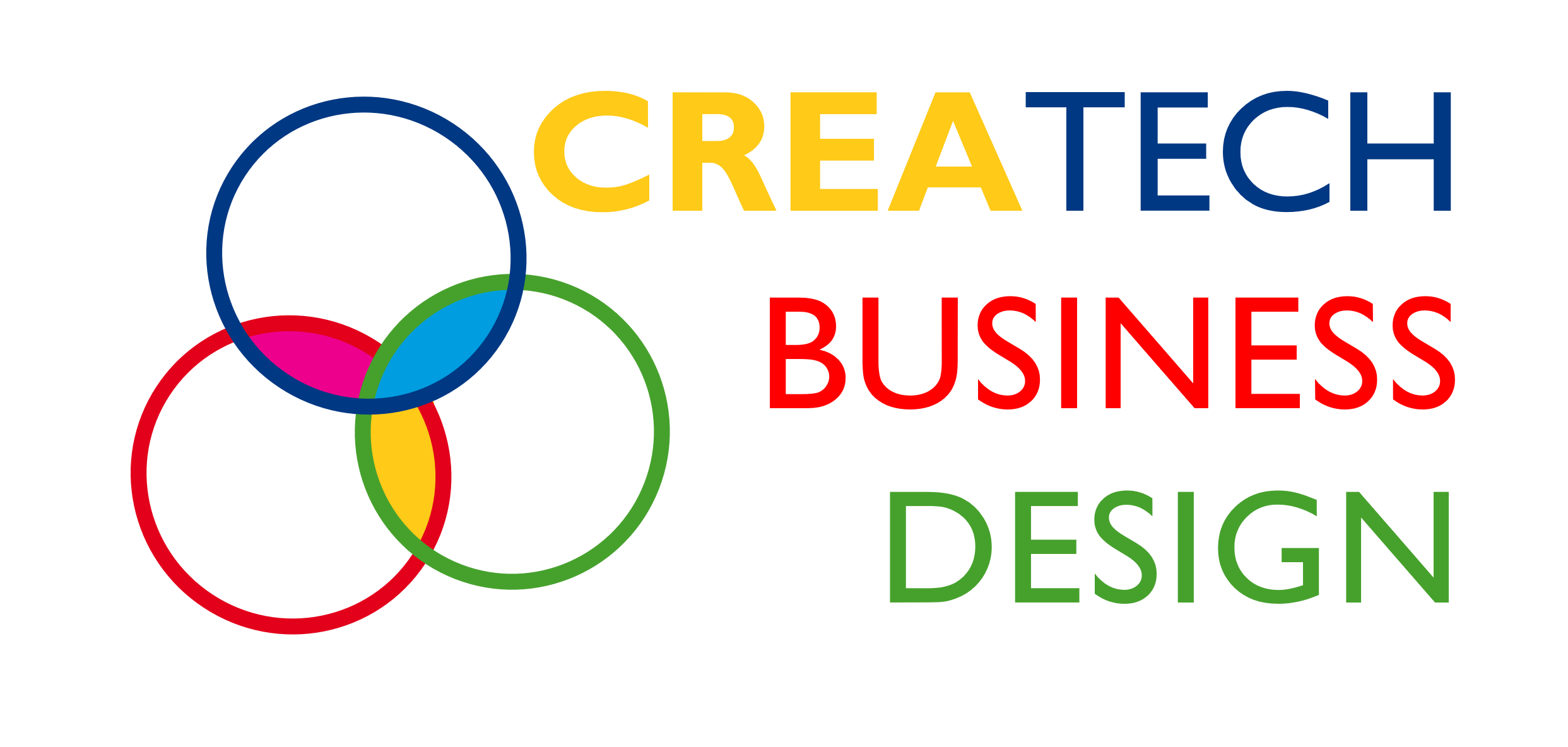Mindful Technology Leadership for Tomorrow’s Moonshots
This decade witnessed a profound shift in the technological landscape, one that might be remembered as the turning point of a new era of DeepTech: the great wave of innovation that encompasses a range of advanced technologies such as artificial intelligence (AI), synthetic biology, nanotechnology, and quantum computing.
As we embark on this new era, my thoughts immediately turn to the transition to an AI-driven society over the next ten years, and how we can ensure Designing a Mindful Tech Xperience that benefits humanity. Max Tegmark’s book, Life 3.0: Being Human in the Age of Artificial Intelligence, comes to mind as a guidebook for navigating the challenges and opportunities of this transition.
Moreover, the Quantum Future of Information Technology is an area of immense promise, with quantum computers projected to reach a million qubits and connect through a fully deployed quantum internet based on satellite constellations by 2030. As we consider the implications of these developments, it’s worth wondering if Europe can seize the opportunity to regain its technology leadership supporting the greatest DeepTech Minds to become a Quantonation and be more ambitious with a New Space Alliance.
 Photo of la Manche / the Channel between France and England taken by Thomas Pesquet during his last mission at the International Space Station sent by SpaceX’s Crew-2 for NASA, ESA & JAXA
Photo of la Manche / the Channel between France and England taken by Thomas Pesquet during his last mission at the International Space Station sent by SpaceX’s Crew-2 for NASA, ESA & JAXA
As we look towards the future, billionaire technology leaders are setting their sights on the next frontier of innovation, such as self-driving cars, hyperloop transportation, 6G satellite constellations, and space tourism, all expected to be commonplace by 2030. While returning to the moon is scheduled for 2025, Elon Musk is already looking beyond that, with a vision for a human mission to Mars that may drive tomorrow’s moonshots.
French astronaut Thomas Pesquet, who joined the International Space Station last year as part of SpaceX’s crew-2 mission, is now involved in the US NASA-led Artemis program for lunar exploration, in which the European Space Agency (ESA) is also participating. However, Europe faces the risk of falling behind in the race for lunar exploration, as the US and China are currently competing with two leading lunar exploration projects. It’s also worth wondering: “can Europe compete in the quantum ‘space race’?
France is keeping pace with the traditional leaders in Europe and even pushing ahead in some areas, thanks to the pioneering work of three Nobel Prize winners in physics on quantum research. Alain Aspect, a renowned quantum physicist whose work focuses on quantum entanglement and quantum simulators, has also been instrumental in advising entrepreneurs running the quantum rising star Pasqal, which may become the next French Tech champion.
Their quantum computers, along with others, are set to revolutionize life science and chemistry research, while the discovery of the mRNA molecule by three French Nobel Prize winners in 1965 was a fundamental breakthrough that enabled the rapid development of COVID-19 vaccines. With quantum computing and mRNA, the Crispr gene-editing pioneered by Emmanuelle Charpentier and Jennifer Doudna is poised to become tomorrow’s moonshot in the treatment of diseases such as cancer, HIV, multiple sclerosis, and many others by 2030.
The Future of Life in the Universe still holds many secrets, but we have high hopes for the James Webb Telescope en route to discover the origins of the Universe and study exoplanets. In addition, we can anticipate more groundbreaking discoveries in nuclear research at CERN, where Sir Tim Berners-Lee invented the World Wide Web in 1989. From Web 3.0 to Life 3.0, it is important to be mindful of emerging technologies and to embrace tomorrow’s moonshots while reducing existential risks.
This article is part of the Mindful Future Technology series with Designing a Mindful Tech Xperience and Quantum Future of Information Technology
